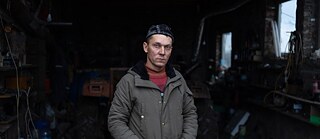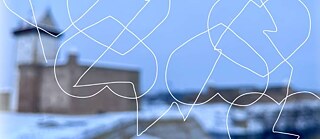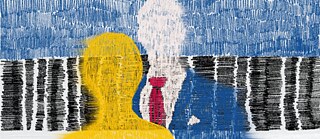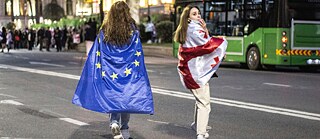Perspectives:
One Europe, many stories
Perspectives is a media platform for young Europeans who seek news beyond the infotainment delivered by social media. Seven newsrooms, mainly from Eastern Europe, contribute stories and commentary to tell today’s complex realities. Multiple voices and viewpoints thus create a varied, fact-checked multimedia news offer.
Our StoriesEditorial partners
Seven newsrooms provide latest news, commentary, long-reads and perspectives to readers across Europe. For one Europe, with many stories.
PartnersAbout us
With PERSPECTIVES - both as a project and a label - we want to contribute to a diverse media landscape that reflects today’s complex realities through multiple voices and viewpoints. Learn more about what drives us.
About Us
Young Journalist Programme
The Young Journalists Programme is a three-month initiative designed to empower aspiring journalists through hands-on training and mentorship in the Perspectives II network. Participants will develop their journalistic skills by independently working on media content with the support of experienced professionals. Interested?
Contact us









